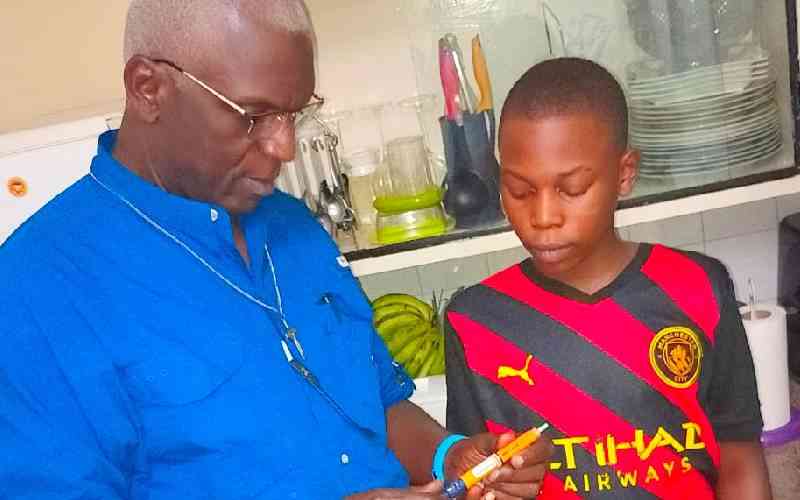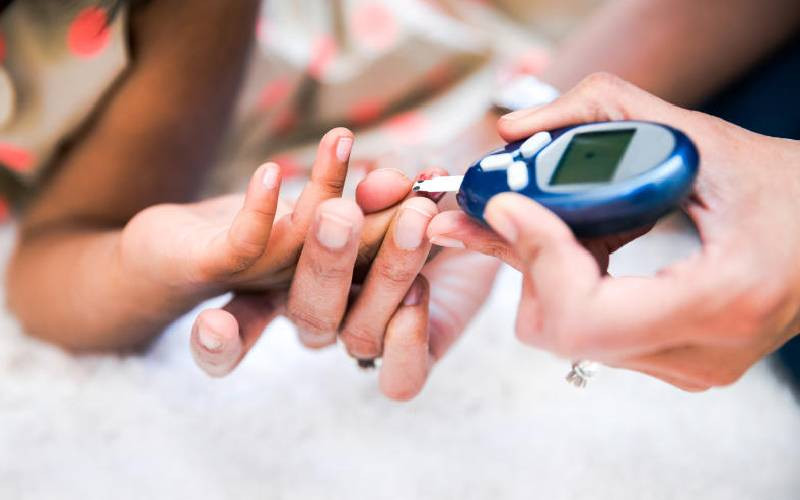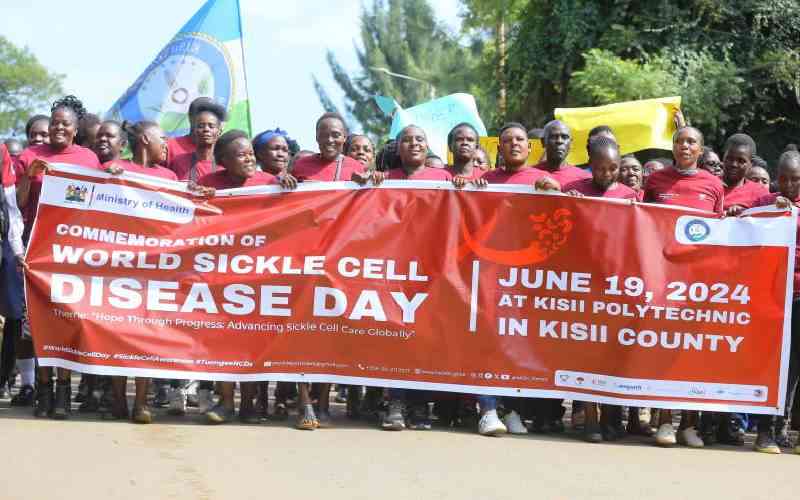
NAIROBI, KENYA: As the fight against the killer Hepatitis gathers momentum, there is increasing concern on the widespread use of unapproved and inaccurate testing kits to screen the deadly viruses, causing the disease.
This grave anomaly means many Kenyans seeking to know their Hepatitis status are exposed to a high likelihood of getting erroneous results, thereby risking their lives.
According to Ruchika Kohli, a clinical pathologist based in Nairobi, many doctors and laboratories are seemingly unaware that most rapid tests used in Kenya to screen for Hepatitis B are not good enough to make an accurate diagnosis.
The medical laboratory expert, who works at Pathologists Lancet Kenya, says a lot of rapid test kits from manufacturers in the market have not been approved for Hepatitis, but HIV.
Dr Kohli says only a few selected rapid tests have shown adequate accuracy in terms of sensitivity and specificity to detect Hepatitis B virus infection, and only one of those is certified by the European Union while none has as yet been approved by the regulators in America. “This means the majority of rapid kits in use in Kenya and other countries have not been approved by regulatory authorities to test for Hepatitis B,” she said.
“Though rapid tests for Hepatitis B may be cheaper and technically less demanding and therefore more attractive to use, the fact that these tests have poor accuracy and remain unapproved by regulatory authorities means their use could be misleading and even deadly.”
Abel Onyango, the Chairman of the Kenya Medical Laboratory Technicians and Technologists Board (KMLTTB), said the board has not validated any Hepatitis B rapid testing kits for use in Kenya. “Manufacturers are supposed to bring their equipment to us for validation but so far, none has been brought,” he said.
From the medical literature and available evidence, the majority of rapid tests for Hepatitis B currently in use work through the detection of virus antigens, but these kits have such a relatively low level of analytical sensitivity that they do not meet the performance requirement for regulatory approval.
In fact, studies done on over 30 different types of kits have shown that literally all these commercially available rapid testing kits do not meet the performance requirements by regulators.
Dr Kohli further clarifies that the major challenge for many rapid testing kits is their failure to detect low levels of the virus during the early stages of infection when no symptoms have manifested. She says the tests can miss up to 50 per cent of cases of Hepatitis B tested.
He says it is recommended that testing of Hepatitis B virus be done through another test called ELISA, which can detect the virus antigens using specialised equipment even if they are in small numbers.
She adds that if a rapid test is used because of expediency or convenience, such as for screening purposes, the result from the rapid test should be confirmed by ELISA.
 The Standard Group Plc is a multi-media organization with investments in media
platforms spanning newspaper print
operations, television, radio broadcasting, digital and online services. The
Standard Group is recognized as a
leading multi-media house in Kenya with a key influence in matters of national
and international interest.
The Standard Group Plc is a multi-media organization with investments in media
platforms spanning newspaper print
operations, television, radio broadcasting, digital and online services. The
Standard Group is recognized as a
leading multi-media house in Kenya with a key influence in matters of national
and international interest.











